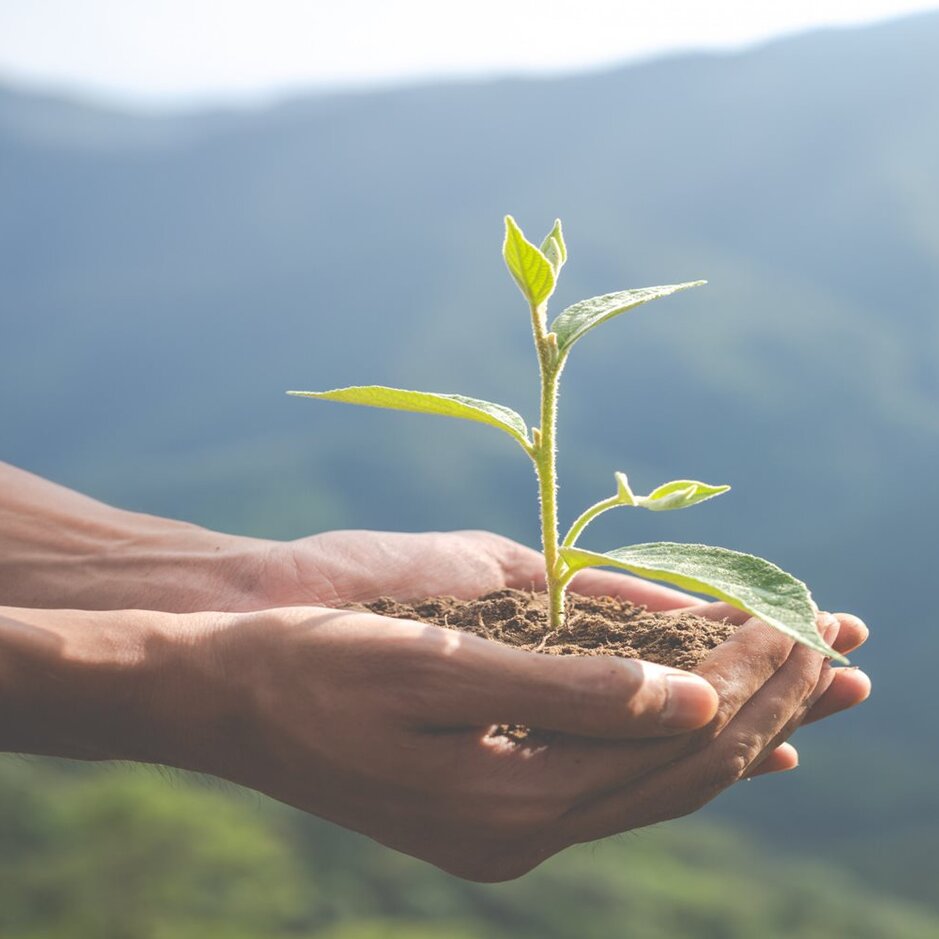Why is Fairtrade important?
Developments in recent years have shown this: It is not only important to your guests which products they consume, but also where they come from. The topic of sustainability is becoming increasingly important in today's society. People are interested in the conditions under which a coffee, cocoa or tea is traded before it reaches their cup.
And that is exactly what Fairtrade is all about: the certainty that people are not being exploited or nature is not being exploited in the countries of origin. On the contrary, there are fair conditions for everyone involved. The non-profit organization Fairtrade has defined what this means in detail.
Not only the people in the countries of origin benefit from the fair conditions, but also the consumers here in Germany. When selling and serving Fairtrade hot drinks, you offer your guests not only a clear conscience but also a product that has been produced in accordance with high social, ecological and economic standards.



